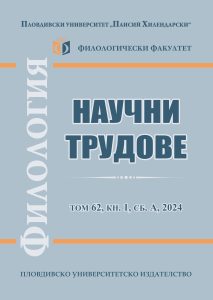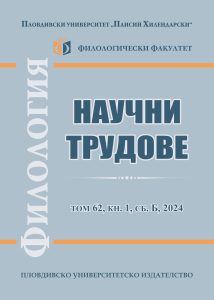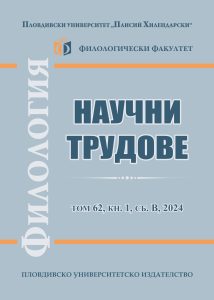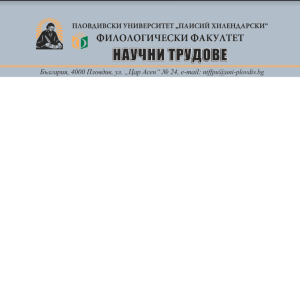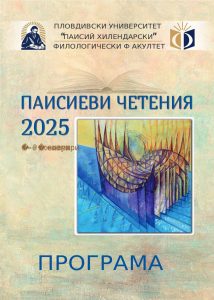VOL. 60, BOOK 1, PART А, 2022, pp. 268 – 283 Full text (Ru)
Author: Elena Ivanova, Maxim Stamenov
Affiliation: St. Petersburg State University, Institute for Bulgarian Language “Prof. L. Andreychin”, Bulgarian, Academy of Sciences
Abstract
In Bulgarian, long forms of adjectives were replaced by short forms, which contrasts with Russian. The opposition of long and short forms preserved in Russian serves to express syntactic as well as semantic and stylistic differences. This article discusses the functions of Russian short and long forms in the predicative position and the reflection of this distribution in Bulgarian translations. It is shown that semantic differences are reflected in the choice of different Bulgarian lexemes and/or the implementation of additional valences, while stylistic differences are usually derived from the surrounding context or
determined by the type of text. The material for the study was a parallel set of Russian-Bulgarian literary texts.
Key words: adjective, short and long form of the adjective, predicatives, permanent and temporary properties, translation, Bulgarian, Russian


